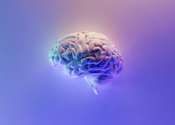Brain wave stimulation may improve Alzheimer's symptoms
By exposing mice to a unique combination of light and sound, MIT neuroscientists have shown that they can improve cognitive and memory impairments similar to those seen in Alzheimer's patients.
Mar 14, 2019
0
216









